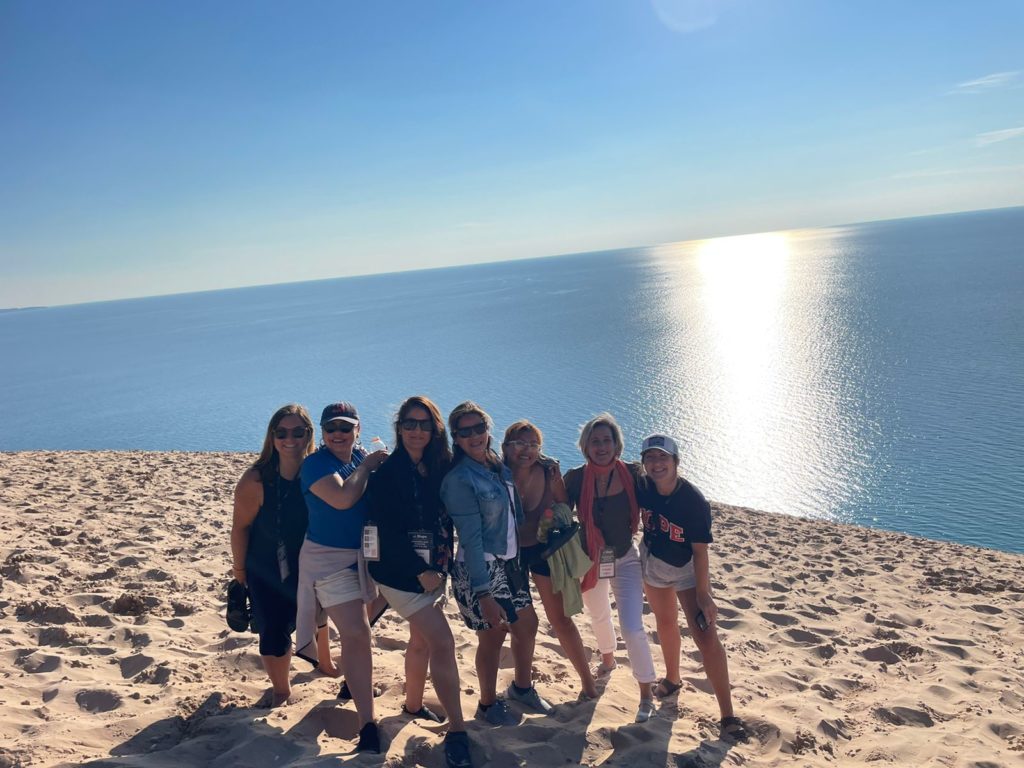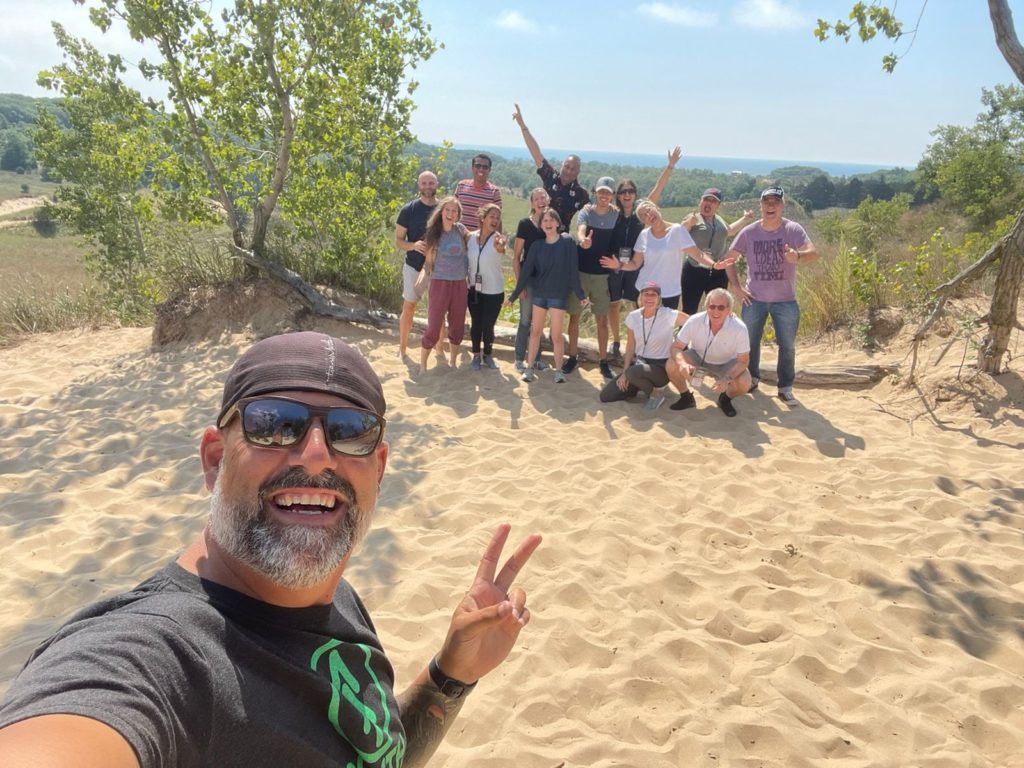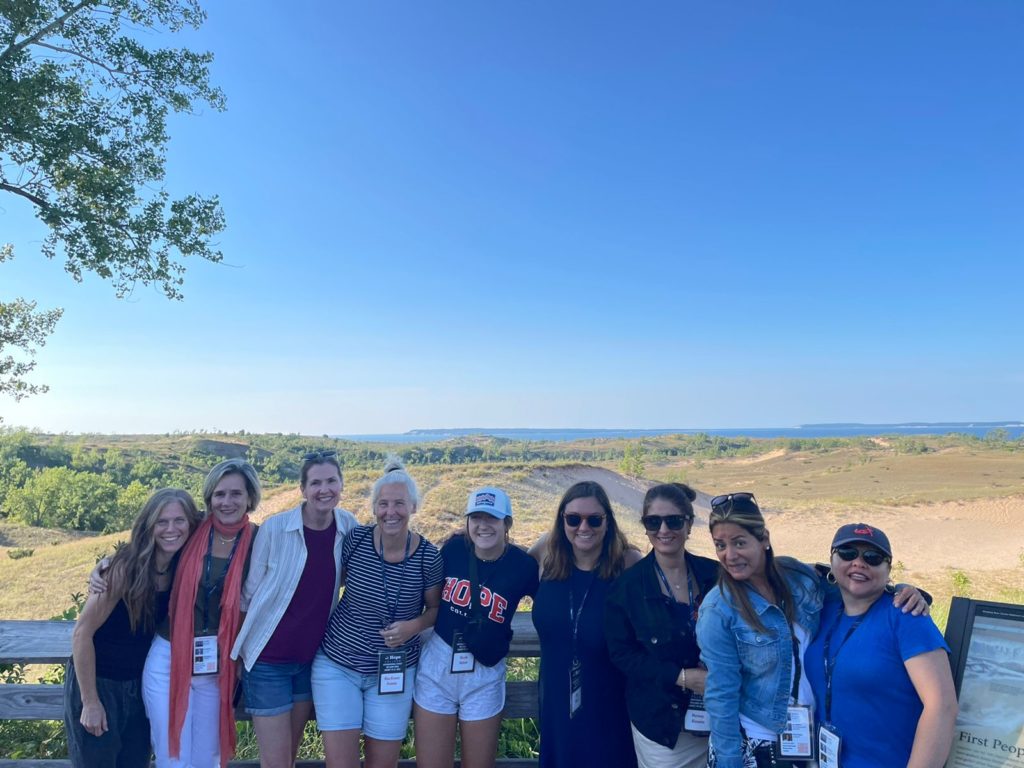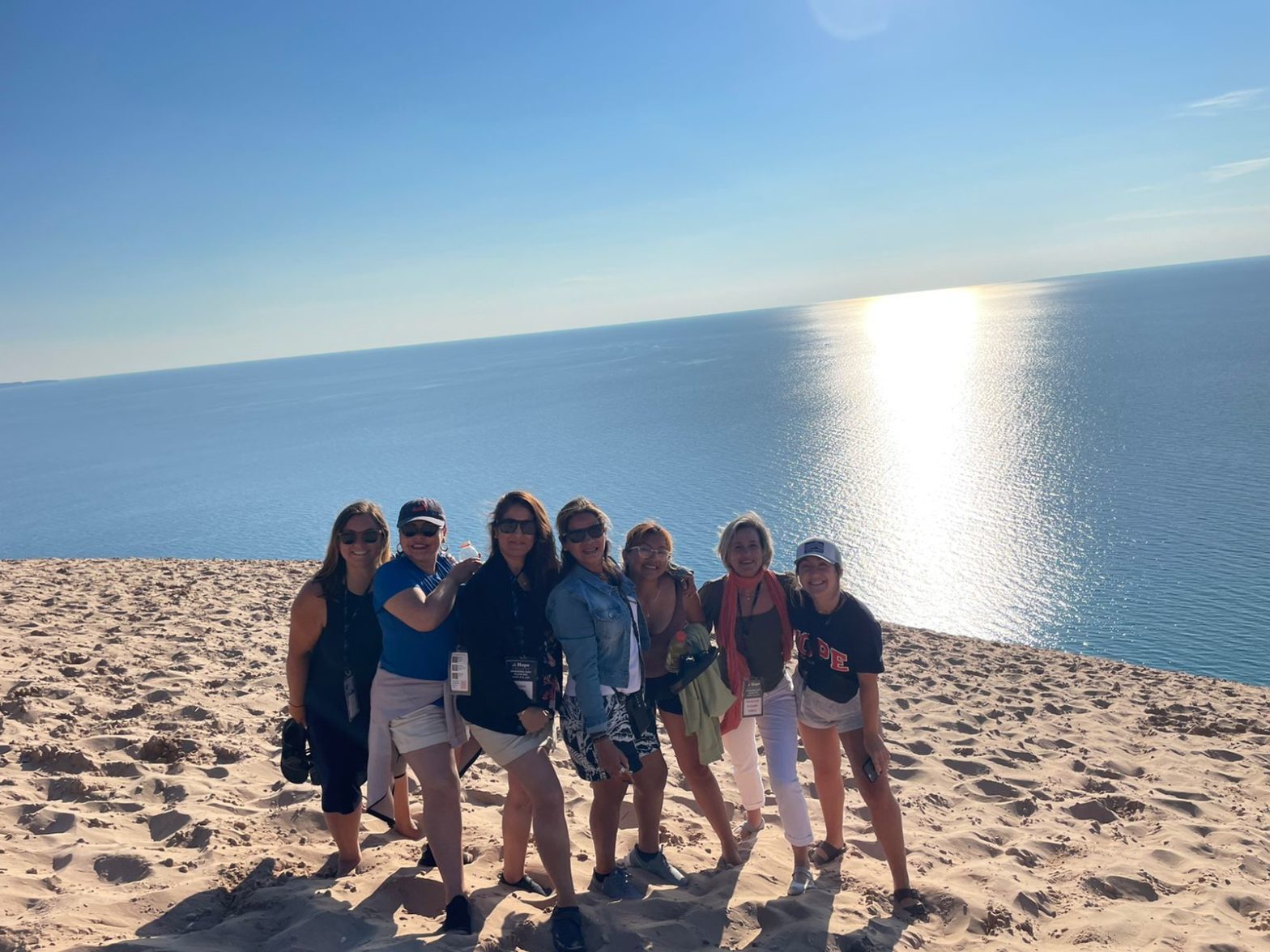As someone who has lived and worked in countries outside of the U.S., I have firsthand knowledge of what culture shock can feel like. It’s difficult to understand unless you’ve experienced it.
Culture shock is defined as “the feeling of disorientation experienced by someone who is suddenly subjected to an unfamiliar culture, way of life or set of attitudes.” There are mixed emotions, such as grief for your former home and joy for your new home, as well as exhaustion from learning your new normal and excitement from something new every day.
When international students and third culture kids (TCKs) — those who assume a mixed identity influenced both by their parents’ culture and the culture in which they are raised — and their family members come to Hope College, some may have never even visited the United States. Some are coming from their home country and culture, and some are coming in as TCKs, which adds another layer of complexity to this transition.
Upon moving to another country, there are so many details to take care of that many domestic students and their families already have in place, such as banking, cell phone services, and even things like knowledge of “big box” stores and their products.



At Hope College, we recognize the unique needs of non-domestic students and their families. We have created International Family Orientation (IFO), a program designed specifically for the family members of international students and TCKs to ease their transition to college life at Hope.
The goal is for family members to become more acquainted with Hope College and the experiences their students will have during their time on campus. We want to familiarize them with the corner of the world we call home—Holland, Mich.
Over the course of several days together, we host informational sessions with translators, take in the local sites, sample local food and culture, and form lifelong friendships in the process. We also give plenty of time for family members to ask questions and receive assistance with the practical matters of getting their student settled on campus.
This program is under the leadership of our Family Engagement team, and I couldn’t be more proud to see Hope College recognize the fact that non-U.S. based families need different programming than domestic families.
Part of our mission at Hope is to equip students for lives of leadership and service in our global society. This program is a direct reflection of the importance that we place on diversifying our campus community and connections. Through IFO programming, we communicate how much we value our non-domestic students and how important it is for us to build a strong relationship with their families, even if they live halfway across the globe.



Thanks for sharing this insightful article! The tips on cushioning culture shock through family orientation are truly valuable for anyone moving abroad.